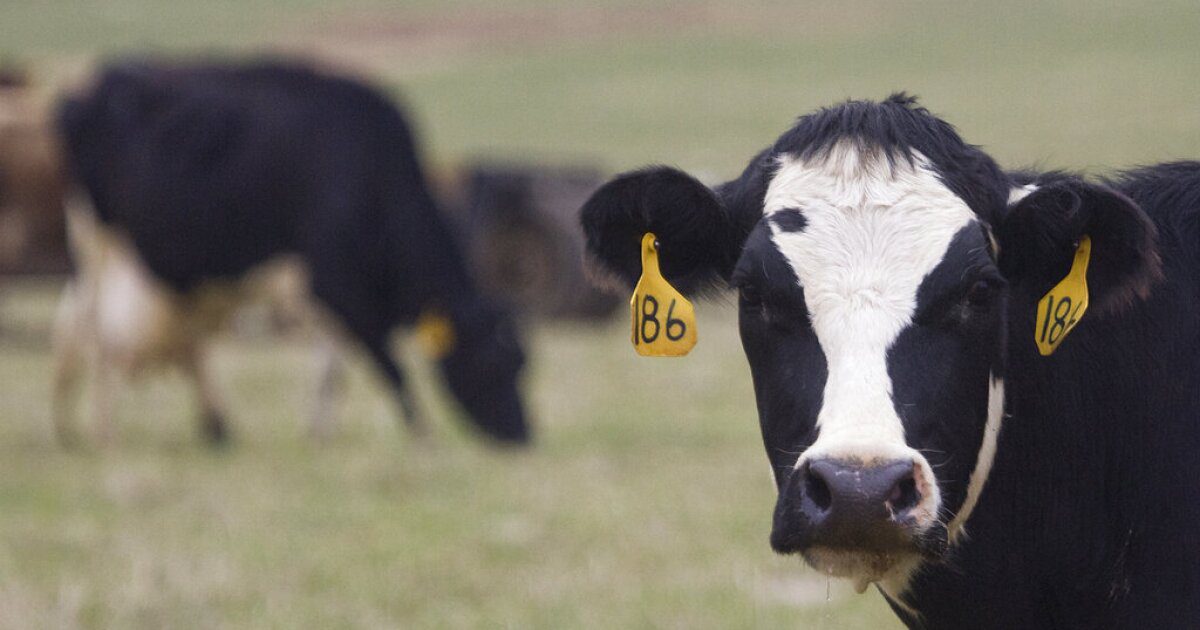
Positive H5N1 Avian Influenza Detected in Dairy Milk in Maricopa County
PHOENIX – The Arizona Department of Agriculture (AZDA) has confirmed that a milk sample taken from a dairy herd in Maricopa County has tested positive for the H5N1 strain of avian influenza, also known as bird flu.
In a joint effort with the U.S. Department of Agriculture, the AZDA is currently testing milk from various local dairy farms. The positive sample was identified on February 11; however, details regarding the specific dairy farm or its location have not been disclosed. Importantly, no signs of illness related to bird flu have been reported among the cows in the affected herd. As a safety measure, the facility has been placed under quarantine, with any symptomatic cattle to be isolated from the rest of the herd.
Since January, the AZDA has been implementing the National Milk Testing Strategy, which involves routine testing of bulk milk tanks at dairy farms. This incident marks the first time H5N1 has been detected in dairy cows in Arizona.
The AZDA’s official statement indicated, “This detection of avian influenza is linked to a D1.1 genotype, and it is not associated with the recent detection of this virus in Nevada.” They also noted that this particular strain does not possess any characteristics that would increase the likelihood of transmission to humans, similar to those identified in recent cases nationwide.
In their statement on Friday, the AZDA reassured the public that pasteurized milk and dairy products remain safe for consumption.
"The health and safety of dairy workers and the general public are our top priorities,” the AZDA emphasized. They are collaborating closely with the Arizona Department of Health Services and the Maricopa County Department of Public Health to implement safety protocols for workers, monitor personnel at the affected site, and mitigate the risk of further transmission among livestock. They also stated that while the overall risk to the public is low, individuals who work closely with dairy cattle may face an elevated risk due to potential contact with infected animals.









